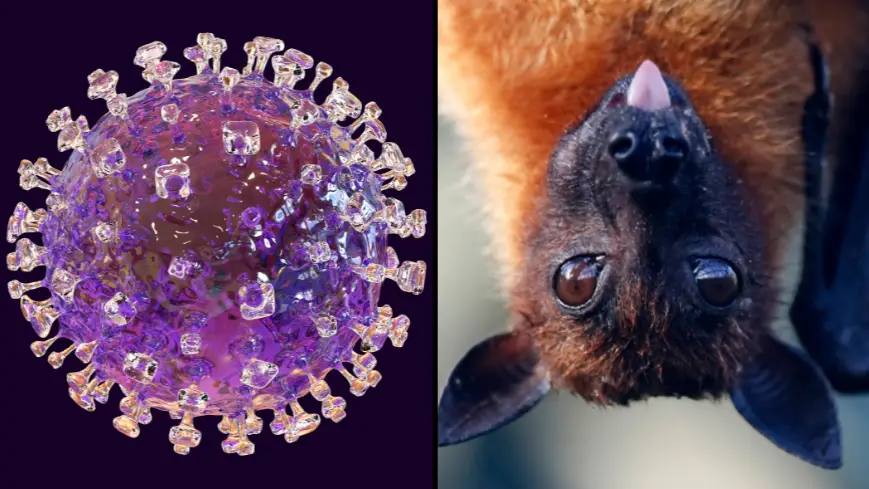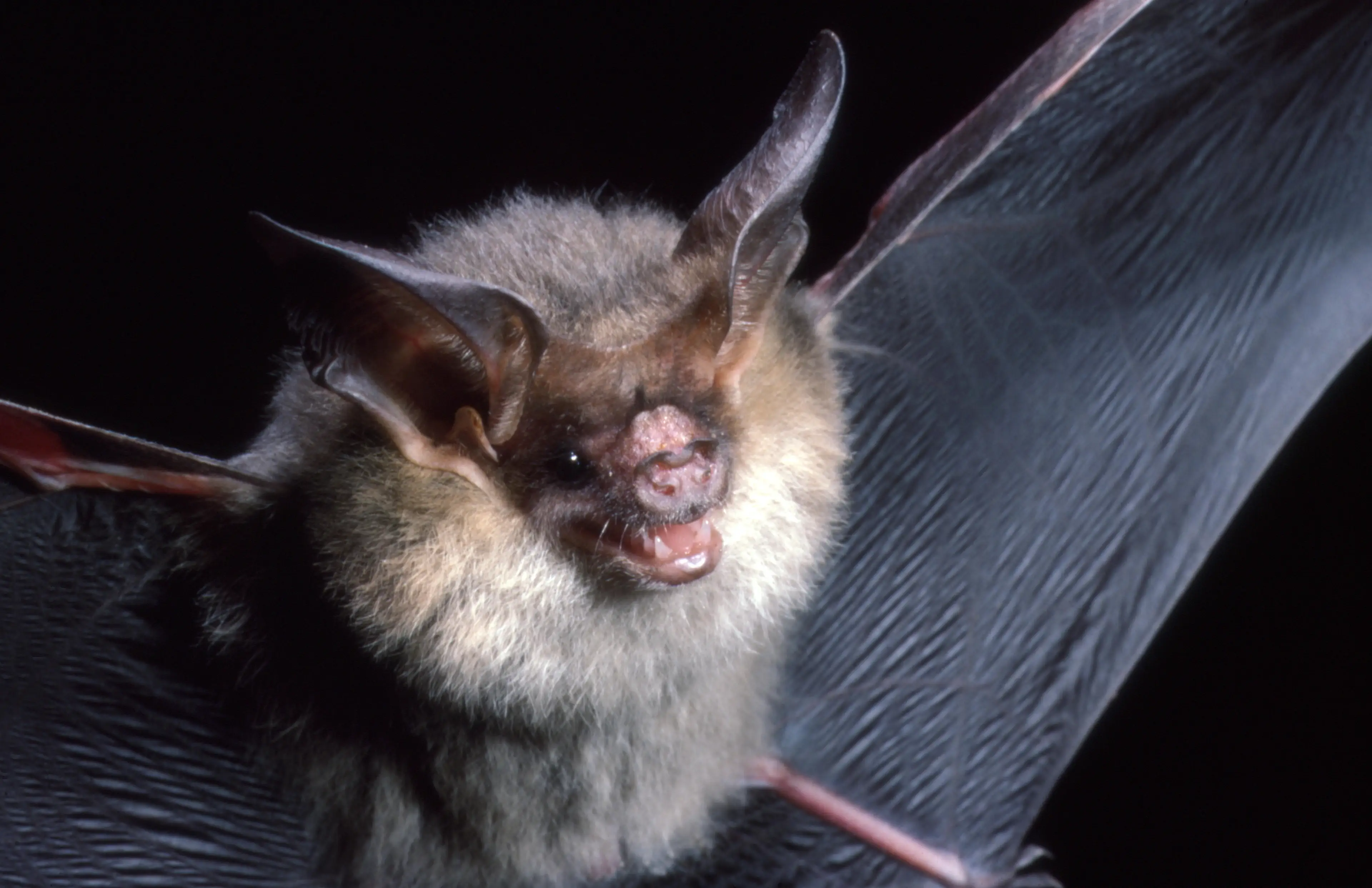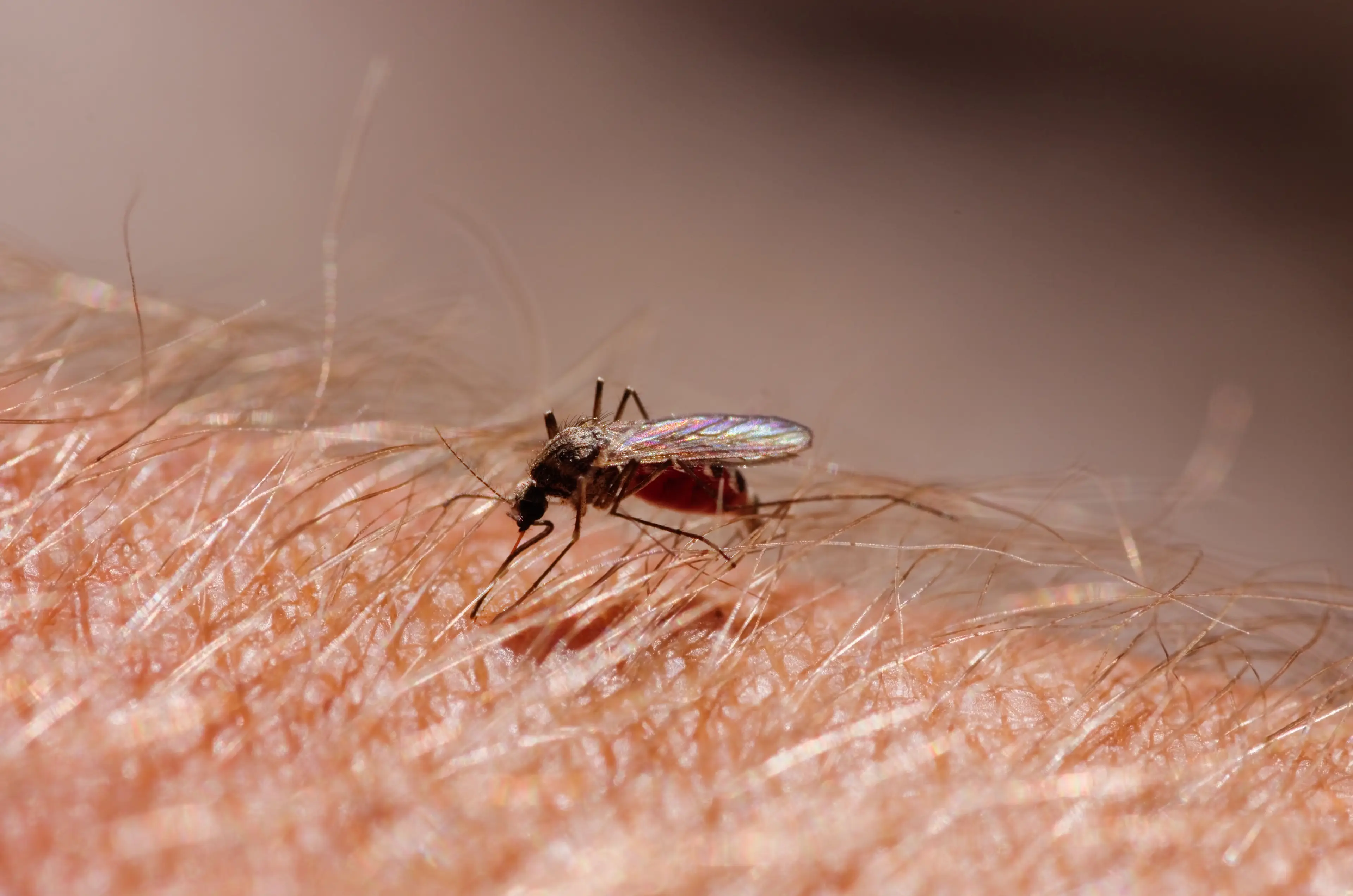
Experts have warned we could be set to face thousands of new diseases in the coming decade, all thanks to climate change.
A new study says new and emerging viruses could soon appear as they jump from animals to humans with global temperatures rising.
If only scientists had spent years warning of the backlash of global warming.
The Georgetown University study predicts that cross-species transmission could be set to dramatically rise in areas such as Asia and Africa.
Advert
The study, published in Nature, predicts at least 15,000 new viral infections will be transferred from animals to humans if temperatures rise by 2 Celsius by 2070.

The study claims that mammal species will see a geographical shift in their location as they attempt to adapt to the changing environments rising temperatures cause.
This essentially means many of these animals will take their parasites into new areas and set off a chain of diseases. Just perfect.
The study says: “We predict that species will aggregate in new combinations at high elevations, in biodiversity hotspots, and areas of high human population density in Asia and Africa, driving the novel cross-species transmission of their viruses an estimated 4,000 times.”
The main predicted culprit? You guessed it - bats.
Getting pandemic PTSD already.

The study continued: “Because of their unique dispersal capacity, bats account for the majority of novel viral sharing, and are likely to share viruses along evolutionary pathways that will facilitate future emergence in humans.”
The study utilised data models of mammal-virus networks and simulated land scenarios for the year 2070 to identify potential hotspots.
High-density areas in part of Asia and Africa were flagged, as well as tropical regions.
Sahel, Ethiopian highlands, India, eastern China, Indonesia, and the Philippines were the likely hotspots for these diseases to be first encountered by humans.
But as we’ve all learnt, none of us is safe from a disease no matter where it starts, and unfortunately, the transition may already be underway, according to the study.
The study concluded that further viral surveillance and discovery efforts as well as species tracking should be undertaken to further understand areas of worry.

Meanwhile, a recent study found the mosquito-transmitted Zika virus is one mutation away from becoming the next pandemic.
Researchers from La Jolla Institute for Immunology (LJI) in San Diego, California, recently identified a new strain by mimicking how it could mutate in humans by switching the virus back and forth between mosquito and mouse cells.
The findings echo that of the World Health Organization (WHO), which warned that mutations could make the disease more resistant to immunity granted by similar infections.
I hate to be pessimistic, but it really feels like we’re going out of the frying pan and into the fire.
Topics: Animals, Science, Environment, Health